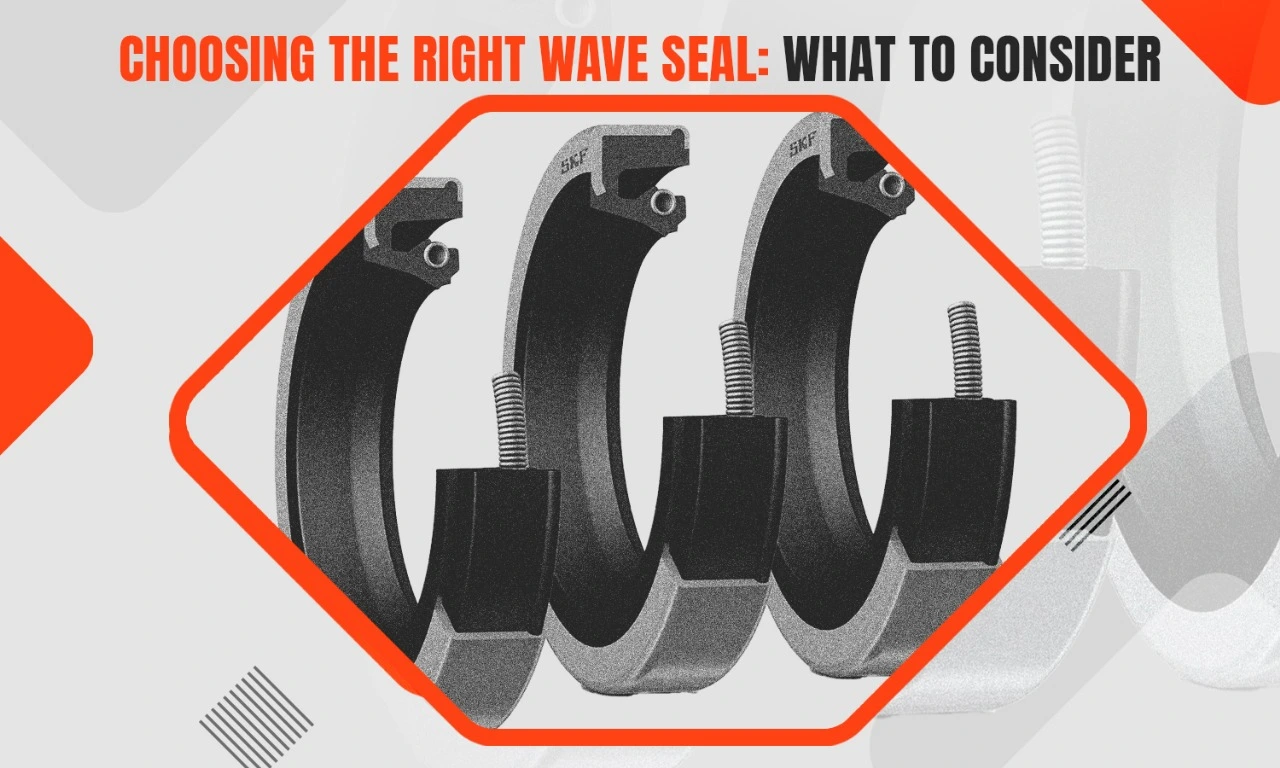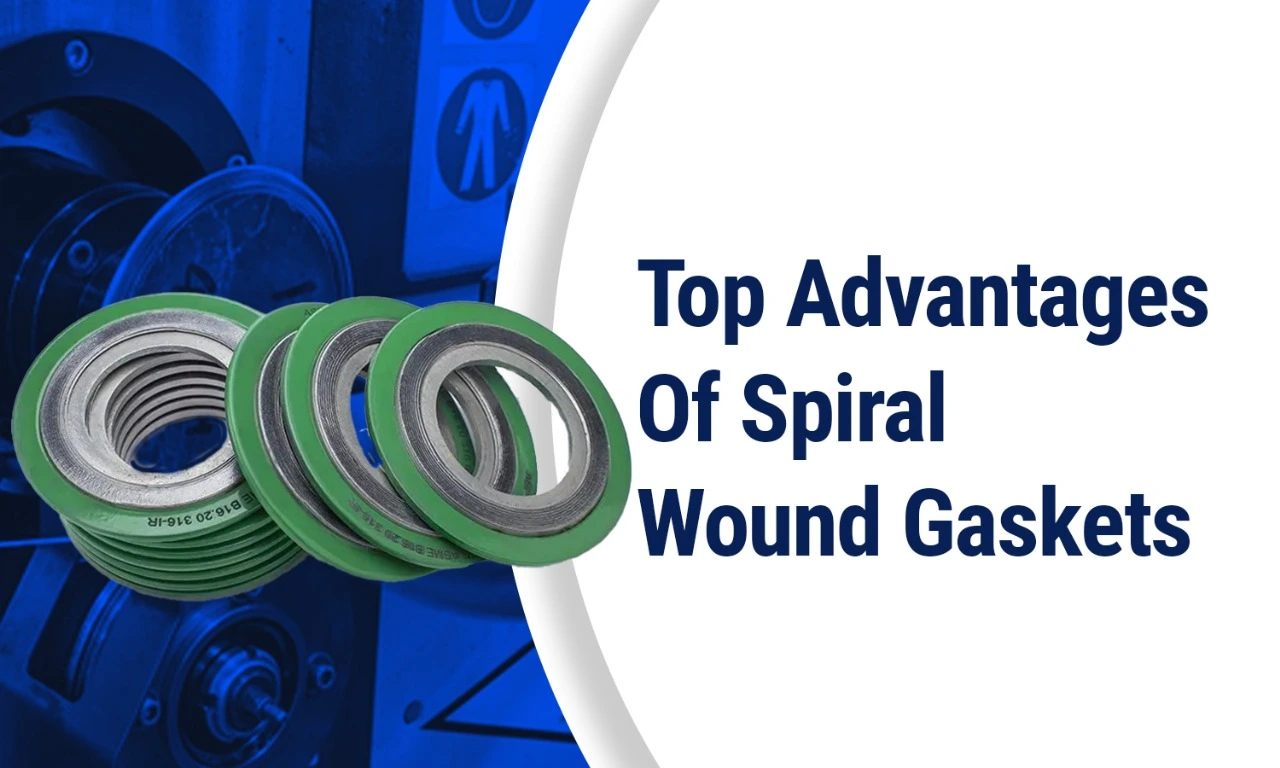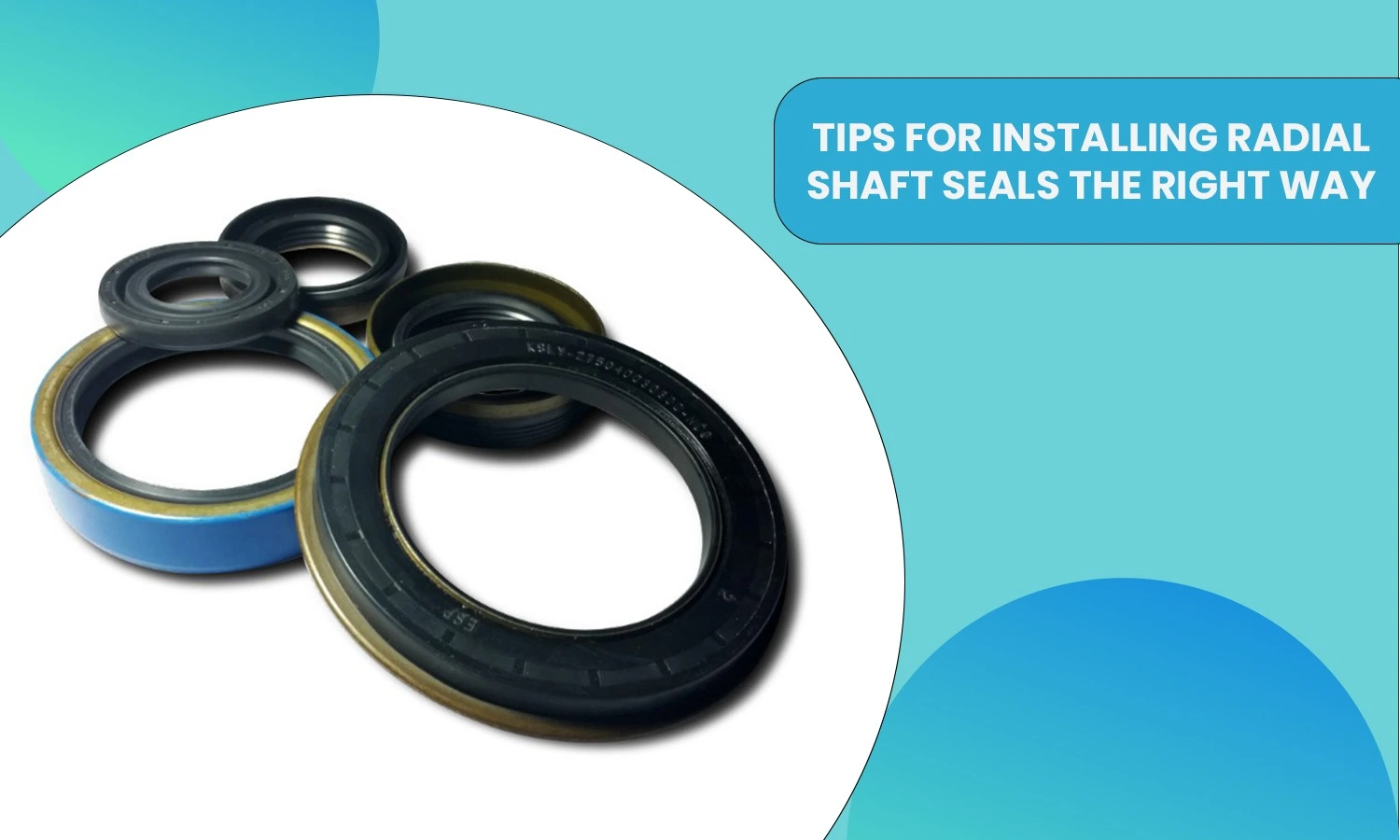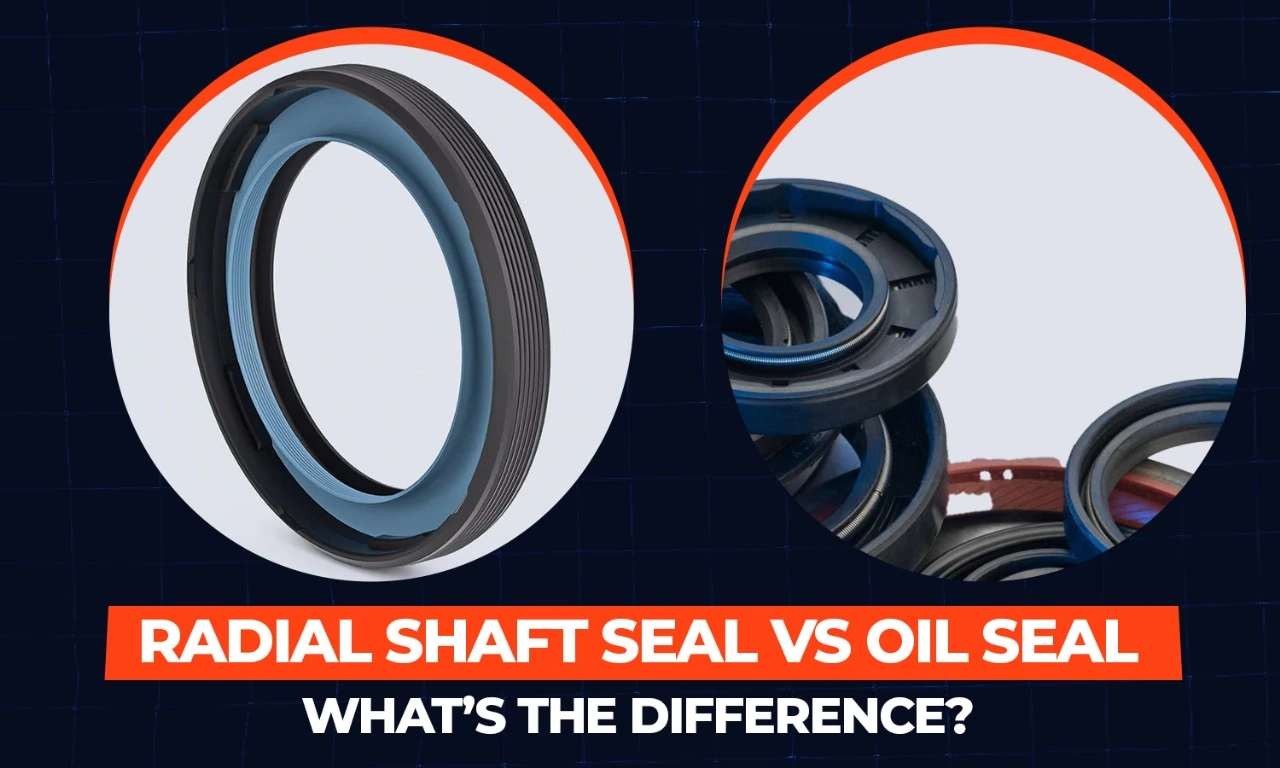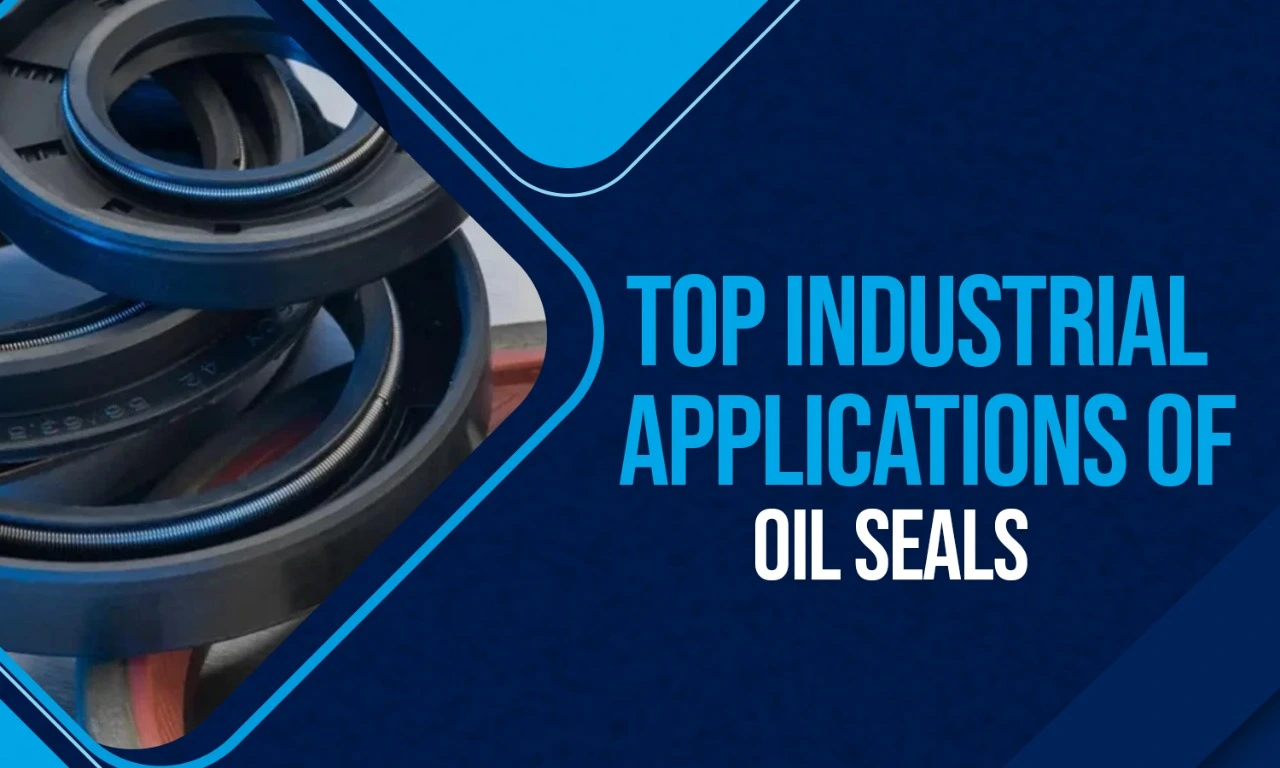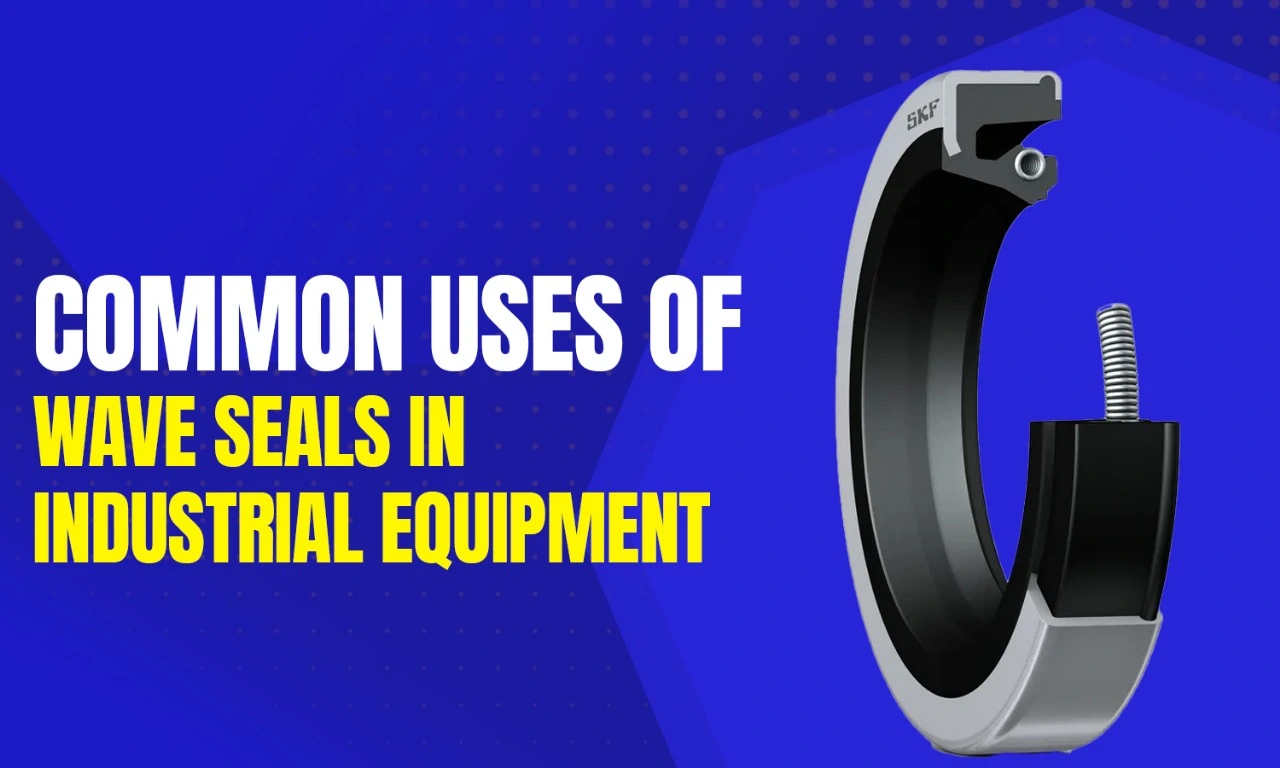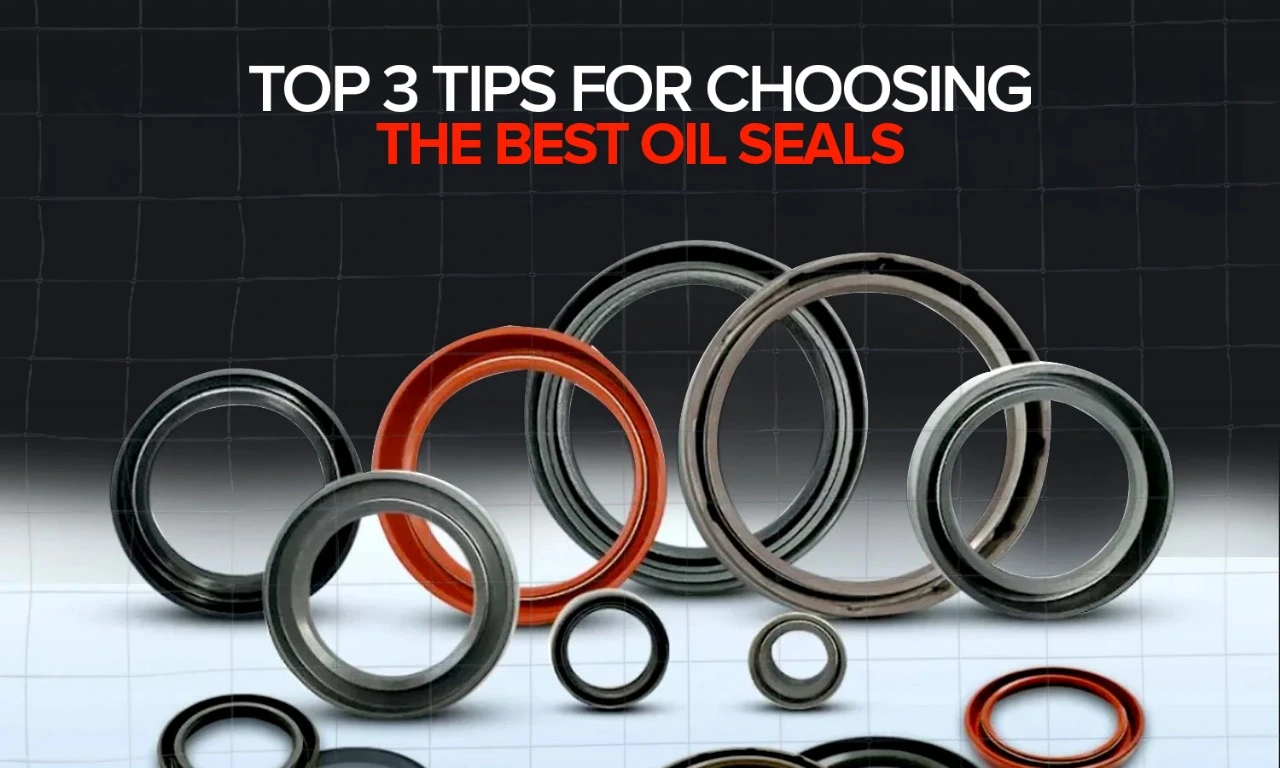Introduction
What Is a Wave Spring Seal? How to Choose?
A wave spring seal is a type of dynamic elastomeric seal that uses a spring-shaped geometry to maintain uniform radial force. It outperforms traditional seals under fluctuating pressure and motion.
- Applications: Motors, pumps, compressors, hydraulic tools
- Function: Maintains seal integrity under vibration, heat, and rotation
- Why It Matters: Choosing the right wave seal ensures performance stability in critical systems where failure is not an option.

Key Considerations When Choosing a Wave Seal
Material must align with fluid type, chemical exposure, and temperature range. Common options include NBR, FKM, and PTFE. Material compatibility ensures your radial shaft seal performs in demanding environments.
When to Use Wave Seals Over Traditional Seals?
- For dynamic sealing under fluctuating loads
- When compact installation or axial space-saving is needed
- In high-speed systems where heat resistance matters
- Where reduced friction and energy loss is a priority
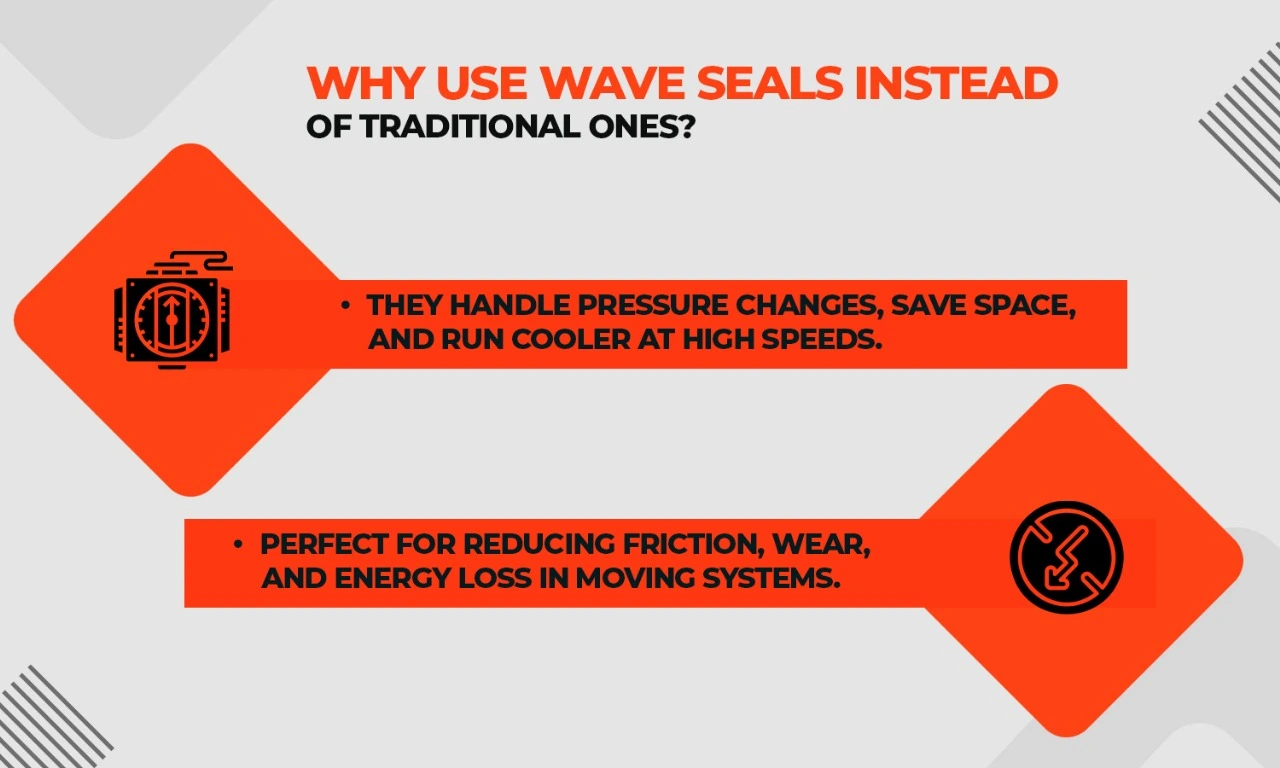
Wave spring seals also outperform many legacy designs like SKF oil seals in demanding applications, offering longer service life and better vibration handling. One of the best decisions you can make when designing for long-term performance is choosing the right wave seal instead of defaulting to legacy sealing systems.
Why Deepee Rubber is Your Go-To Wave Seal and Rubber Products Supplier
Deepee Rubber, a trusted rubber products supplier, provides high-performance wave seals that meet stringent industrial demands. From basic industrial rubber products to specialized sealing solutions, we deliver reliability backed by decades of experience.
- In-house engineering consultation
- Compliance with ISO and OEM standards
- Custom sealing for shaft-driven machinery
Key Takeaways
- Choosing the right wave seal reduces failure and boosts machinery lifespan.
- Match material, size, and design to your exact operating needs.
- Consider switching to wave seals for dynamic, high-load applications.
- Deepee Rubber offers expert support for industrial sealing challenges.

